TikTok is under extreme tension ahead of the deadline; the US imposes a ban on AI chip exports... these are some of the highlights in this week's technology news roundup.
TikTok is extremely tense before the big moment.
According to The Verge , an internal TikTok memo states that the company “continues to plan for the path forward.” The US Supreme Court is expected to announce its decision regarding the fate of the Chinese app on January 15th (local time).
"We understand that it's concerning not knowing what will happen next," the statement read. Nevertheless, TikTok's offices will remain open for the next few days.
Internal tensions at TikTok are very high, according to The Verge. Sources describe the situation as “very tense,” while others note that even employees who survived the company’s previous tough times are not doing well.
Even though it might fade into obscurity when the time comes, that doesn't mean TikTok will disappear forever. If the company sells itself to an American buyer, it could make a comeback.
Billionaire Frank McCourt has expressed his desire to acquire TikTok. Meanwhile, President-elect Donald Trump has said he wants to save TikTok from a ban through some kind of deal.
However, the ban will take effect on January 19 if the app does not divest all its Chinese capital, one day before his return to the White House.
The reasons behind the plummeting iPhone sales have been revealed.
Data from Counterpoint Research shows that the iPhone's market share has fallen to just 18% in 2024. Similarly, Samsung Electronic is being overshadowed by Chinese Android smartphone manufacturers such as Xiaomi and Vivo.
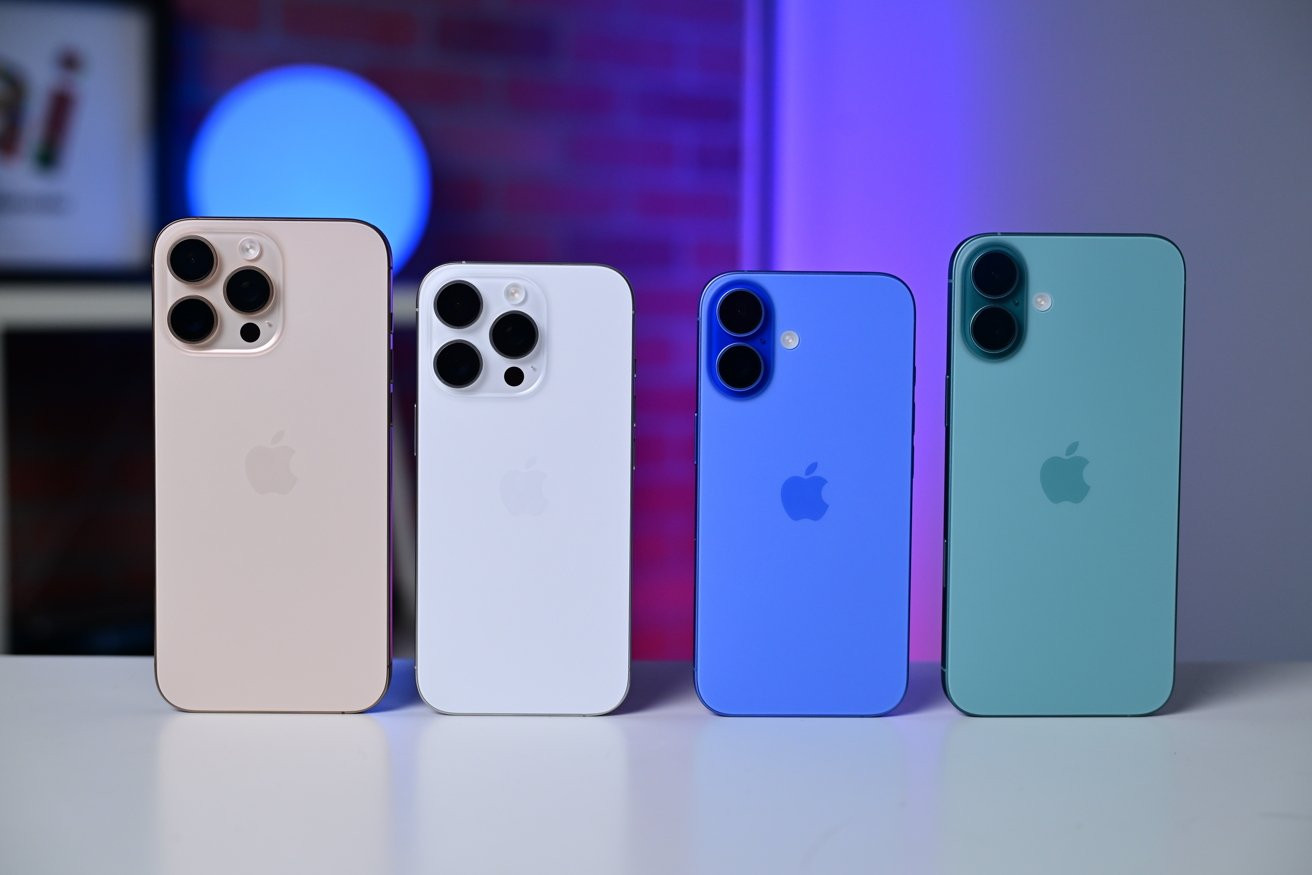
For the entire year of 2024, Apple's sales are projected to decline by approximately 2%, while the overall market is experiencing 4% growth globally.
In September, the Cupertino-based company launched the iPhone 16 series, incorporating a suite of AI Intelligence features that are delivered in stages.
However, users in China will not be able to use these updates because Apple has not yet received approval from mainland authorities.
Bloomberg reports that China is Apple's largest market (outside the US). The company is also rapidly establishing partnerships with local companies to launch AI features such as text editing and image creation assistance.
"The iPhone 16 series received mixed reviews, partly due to the lack of Apple Intelligence at launch," said Tarun Pathak, Director at Counterpoint. "However, Apple continues to experience strong growth in non-core markets such as Latin America."
According to the study, Lenovo, Motorola, Huawei, and Honor are among the fastest-growing brands in the top 10. These Chinese smartphone manufacturers are all developing their own internal AI tools and agents, including services that can perform tasks on behalf of users.
According to IDC, in Q4 2024, Chinese smartphone manufacturers accounted for 56% of global shipments as they expanded their market share in Europe and Africa across the budget and mid-range segments.
The US imposes a ban on AI chip exports.
On January 13, the administration of President Joe Biden announced a new export ban on AI chips to several countries, including China.
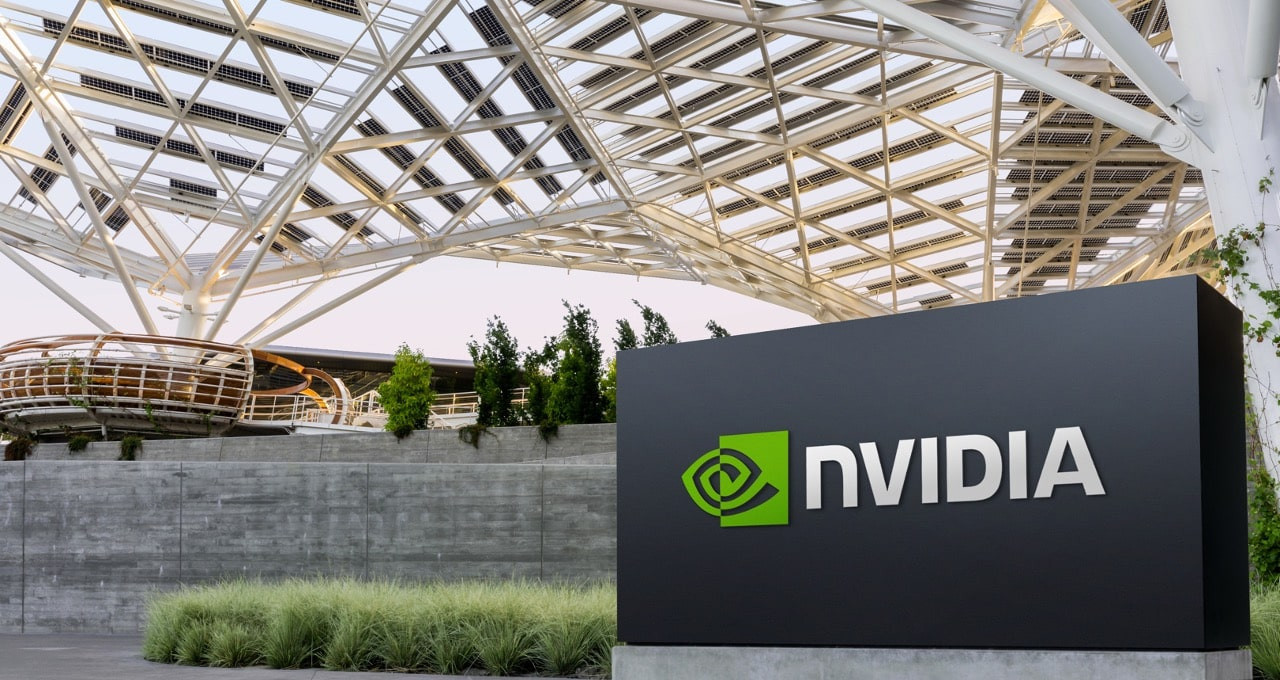
Under the latest export ban, the US allows 20 close allies and partners unrestricted access to AI-related semiconductor chips, but requires most other countries to seek permission. This move was immediately met with opposition from the domestic semiconductor industry.
The Financial Times noted that the policy aims to prevent China from circumventing current restrictions to obtain technology used in everything from nuclear weapons models to hypersonic missiles through other countries.
The policy created a three-tiered licensing system for chips used in data centers. The top tier includes G7 members and countries such as Australia, New Zealand, South Korea, Taiwan (China), the Netherlands, and Ireland.
The third tier includes countries such as China, Iran, Russia, and North Korea. The middle tier comprises over 100 countries, which are subject to export licensing restrictions.
Commerce Minister Gina Raimondo said the policy ensures the new controls do not "stifle American innovation or technological leadership." However, it has provoked a strong reaction from the domestic semiconductor industry. The EU has also condemned the new rules.
Anonymous industry sources criticized the move, calling it an unprecedented step that shows Washington is trying to micromanage the global chip supply chain to the disadvantage of allies and its own companies such as Nvidia, AMD, Dell, and Supermicro.
Industry sources have expressed hope that the upcoming administration of Donald Trump will roll back the controls.
Source: https://vietnamnet.vn/tiktok-cang-thang-tot-do-truc-gio-g-my-ap-lenh-cam-xuat-khau-chip-ai-2364457.html








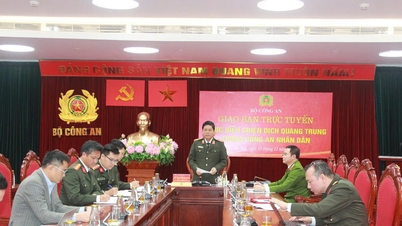




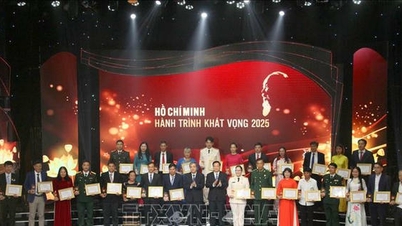








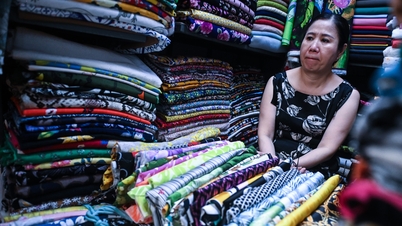







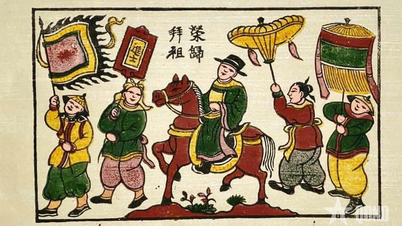




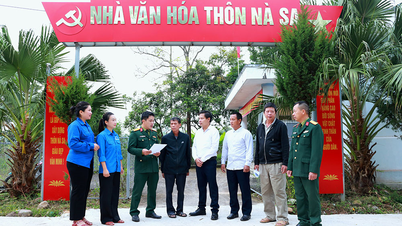


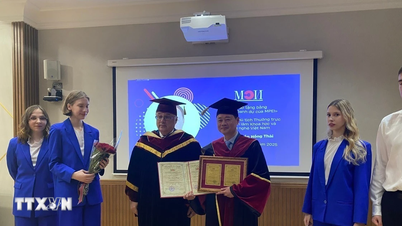






















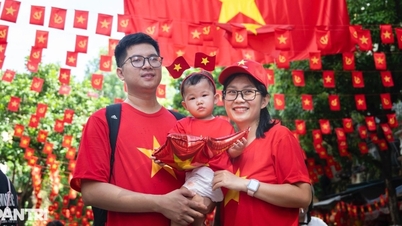






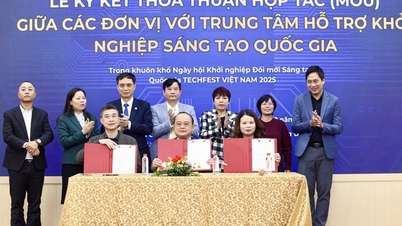


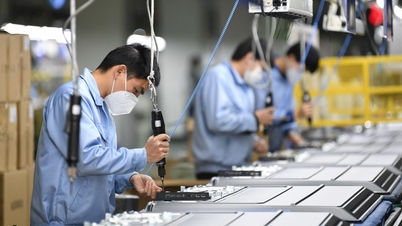





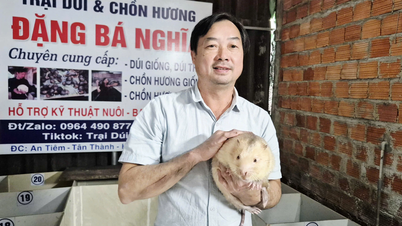
















Comment (0)